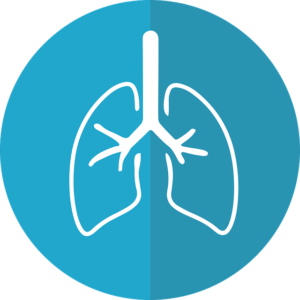In 2016, the estimated median survival for patients with cystic fibrosis (CF) was 47.7 years, compared with less than 10 years for those born in the 1960s.
This upward trend, a result of symptomatic and anti-infective therapies, is likely to continue and accelerate as new therapies that specifically repair the disease-causing protein malfunctions in CF have now become available for patients as young as 1 year old.
On October 4, 2018, the Warren Alpert Foundation, in association with Harvard Medical School, honored five scientists and clinicians whose groundbreaking discoveries collectively led to the development of precision-targeted treatments for CF:
- Francis Collins, MD, PhD, and Lap-Chee Tsui, PhD: for discovering the cystic fibrosis transmembrane conductance regulator (CFTR) gene and describing its molecular structure
- Michael Welsh, MD: for elucidating the functions of the CFTR protein, a chloride ion channel encoded by the CFTR gene, and showing how CF mutations cause cells to malfunction
- Paul Negulescu, PhD: for developing oral small molecule compounds that modulate the aberrant CFTR protein, repairing its functions and restoring cells’ ability to transport chloride
- Bonnie Ramsey, MD: for overseeing the clinical trials that showed the efficacy of small molecule precision-targeted treatments for CF; thus, enabling their approval by the FDA
The Warren Alpert committee also recognized the Cystic Fibrosis Foundation, which through its venture philanthropy model provided significant scientific, clinical, and financial support to academic institutions, as well as, biotechnology and pharmaceutical companies to develop breakthrough drugs for patients with CF.
The recent FDA approvals of small molecule compounds for CF represent a new era of precision medicine in the treatment of this disease. There is considerable optimism and hope that patients with CF will now be able to live longer and more fulfilling lives. About half of all CF patients have mutations that are treatable with either single (ivacaftor) or dual therapy (lumacaftor-ivacaftor or tezacaftor-ivacaftor). Next-generation triple therapies are currently under investigation, potentially expanding therapeutic benefits to over 90% of all patients with CF.
